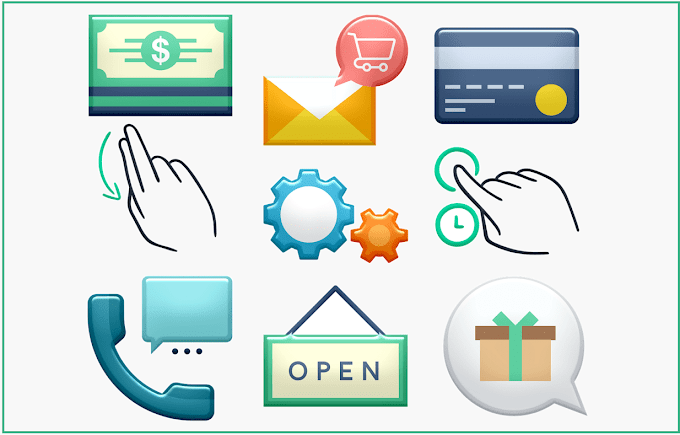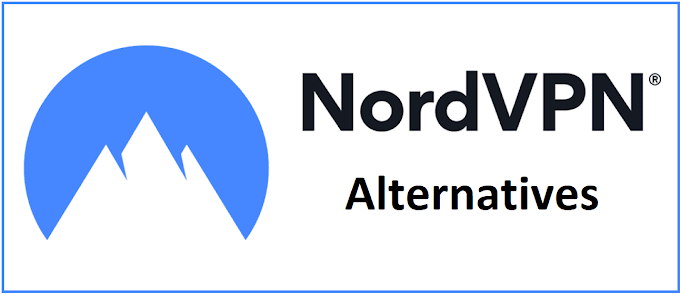
What is your definition of "state-of-the-art" technology? For example, I'm sure you're probably thinking about how you used Siri to research writing services review, like Pick The Writer and Writing Judge. Or perhaps for you, it's about installing the latest and most updated smart home system.
Sure, we haven't started "flying" to school in rocket shoes and jet packs, traveling to Mars and back in 24 hours, or ordering pizza just by thinking about it. Still, with the now-conventional rapid pace of tech advancement, technologies of the next decade are likely going to look very different from what we have today.
We already see signs of this. We've outlined 15 technologies that we believe will enjoy cornerstone usage in the coming decade.
1. Machine learning and Artificial Intelligence.
Naturally, machines carry out some tasks better than humans ever will. However, they have to be pre-programmed to achieve those tasks.
With machine learning and AI, machines learn to "think, act, and learn" intelligently without human instruction or intervention. This ability will be the utmost achievements of machines to transform the way the world works. This trend is the fundamental driver of many of the other technologies listed here.
2. IoT.
The Internet of Things refers to the proliferation of internet-enabled devices that are always interconnected, recording, and transmitting data.
These IoT devices include smartwatches, smartphones, TVs, heating systems, even smart cookers, and many more. There is almost no device we use today that isn't internet-enabled.
And with this massive interconnectivity, the world of Artificial Intelligence and Big Data can only continue to burgeon.
3. Wearable technology and transhumans.
Today, we already have numerous wearable tech devices, from fitness trackers like smartwatches and activity bands to VR Headsets.
We can already see the growing emergence of gesture recognition and the integration of humans and tech. Hence the ever-increasing talks about chip implantation in the human brain with Neuralink and more.
The idea of this is to help us live safer, healthier, and optimally productive lives. It would be interesting to see how this "transhuman" concept will play out in the next decade.
4. Ultra-immersive digital realities.
When you merge the principles of mixed, augmented, and virtual reality and crank it up to infinity, you take immersion to another level.
These technologies have long since questioned and challenged the idea that an experience can be most satisfying if it is predominantly physical.
The emerging trend of digitally extended realities will create ultra-immersive digital experiences that will likely put physical experiences to shame. Quantum Immersion by Mind Travel Technologies is something that will be a game-changer.
5. Chatbots and voice-assisted technology.
The percentage of people who have used at least one of iOS's Siri, Android's Google Assistant, or Amazon's Alexa, is massive. The same goes for businesses and brands utilizing chatbots for their customer service and marketing.
It's interesting how we interact with these technologies by merely typing out our query or talking. In the coming decade, the number of people and businesses utilizing them is sure to grow massively. And we have only scratched the surface of their applications.
6. Visual interaction.
With voice assistant tech and chatbots, machines have technically learned to talk, read, and listen, so they can as well learn to see.
Facial recognition is just the tip of the iceberg. Machines will evolve in that they will be able to process their environment visually and make sense of it.
Of course, like with almost every other tech, there will be appropriate regulation and policy guidance on its use, but visual interaction is here to stay.
7. Fifth-generation wireless (5G).
We cannot overstate the importance of wireless and internet networking that is much faster, stable, and reliable. With the growing dependence of business processes on wireless networking, a choppy network connection can cause severe revenue losses in business.
Regardless of the concerns currently surrounding the 5G tech — whether concrete or unfounded — this tech will smoothen connectivity, ensure robust data streams, and drive innovation in other tech trends in the years to come.
8. Autonomous drones.
But drones — whether controlled remotely or unmanned — have been used in various other industries besides the military. This adaptation is especially seen in the health industry (like Rwanda's Zipline) and in the creative sector (as in photography and cinematography).
In the coming years, drones will become much more autonomous and expand their application areas. Think firefighting, transportation, courier services, search and rescue missions, policing and law enforcement, agriculture, and much more.
9. Digital business model reform.
Facebook revolutionized communications on a global scale. Uber completely revamped the transportation industry. Airbnb gave the hospitality industry a run for its money.
These digital platforms took already existing business solutions and completely reinvented them. And they did so in a way that facilitated connections between people and services more cost-effectively.
So expect droves of businesses to follow suit or at least establish a platform-driven alternative for their customers.
10. Collaborative robots (Cobots).
This tech refers to the possibility of robots and humans working collaboratively in the same environment, with both operating independently and at the same cognitive level. Think human-level functioning robots in a corporate office or factory setting.
"Cobots" do not exist at the moment. But the growth in AI and robotics makes this a certainty. We may begin to see tangible applications in this area in the next decade.
11. Digital prototypes.
Imagine if a physical device, equipment, or machinery needs some to undergo a level of alteration and redesign that may be too expensive to perform on a live machine.
Having an extremely accurate digital mirror of this object alleviates the risk of trial and error. This digital copy can be used to establish the redesign process before any work commences on the physical object.
12. Edge computing technology.
Cloud computing has already provided an extra layer of security for data belonging to millions of individuals and brands. Plus, it frees us from the strict confines of hard drives and working with a particular device or set of devices.
Cloud computing has helped to commercialize data and analytics. However, with the advent of edge computing, extensive data collection, processing, and analysis will now be easily handled by mobile devices like our smartphones.
13. Blockchain technology.
Initially seen as the underlying technology of bitcoin, blockchain has since found other uses in financial institutions, commerce, and beyond.
Blockchain is known for the highly secure way it collects, authenticates, and protects transaction data. Expect a relatively blanket adaptation of the blockchain solution across industries.
14. Smart spaces.
If you thought internet-enabled devices were the limit of the IoT's application, think again. Entire buildings have been connected to the IoT, thanks to smart home systems.
However, as IoT begins to scale its application, we will see corporate buildings, parks, and even entire cities connected to the internet.
15. DNA alteration.
Technology continues to push the boundaries of what is and what isn't possible. Our robust computing and analytics capabilities have already helped immensely in our understanding of the human genome.
The next decade may see a further step in genome work in the sense of altering the structure of DNA. This would see massive applications in the medical industry, like identifying and correcting DNA anomalies that can cause cancer and other debilitating diseases.
Final Words
There are many other tech trends that are not on this list (autonomous cars, quantum computing, mass personalization, nanotechnology, and more). It is left to us to position ourselves and businesses to take full advantage of them now, so we are better positioned for the inevitable future.










1 Comments
Hi
ReplyDeleteA sure a lot if interesting things to look forward to. Some of them are already here and are working good. Other technologies are still very young and need to improve.